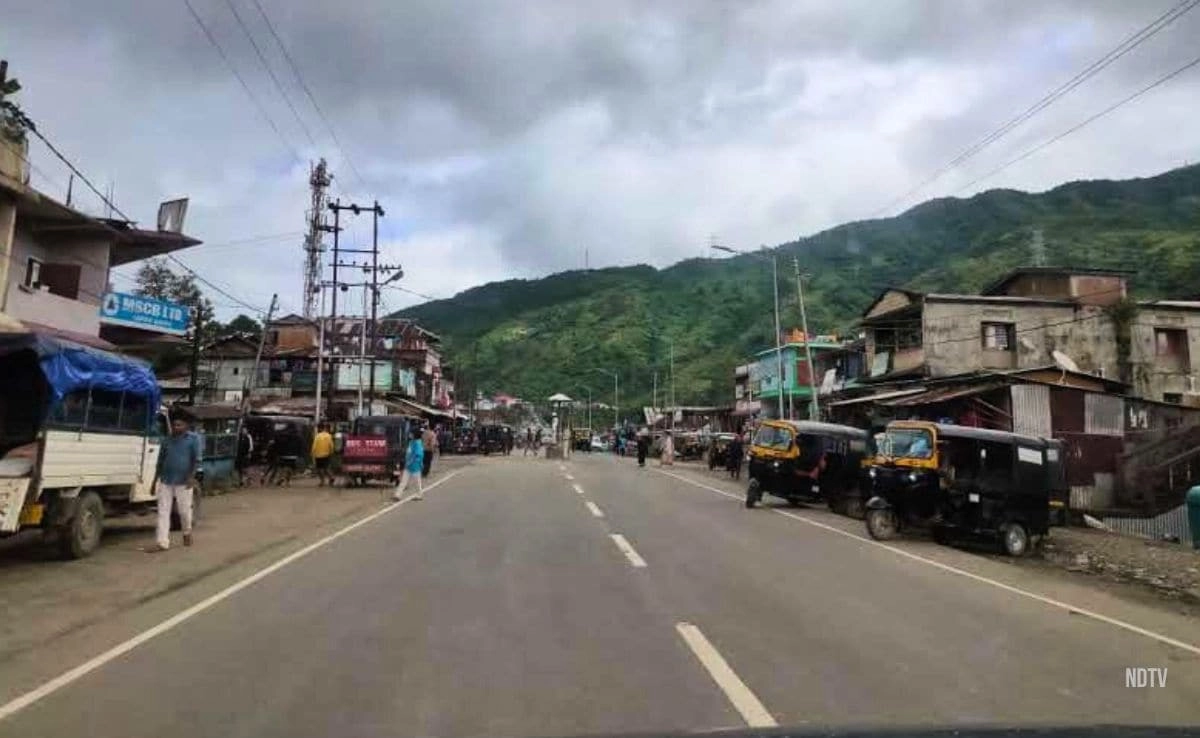In the ongoing discourse surrounding the complex dynamics of ethnic relationships in Manipur, the Meitei community has expressed a critical need for clarity regarding their rights to free movement within the region. The Meiteis, who predominantly inhabit the Imphal Valley, have raised concerns about the restrictions imposed on their mobility, particularly in areas that are traditionally recognized as their territory. This situation has been exacerbated by rising tensions with the Kuki community, which has sought to establish a “buffer zone”—a concept that aims to delineate specific areas of influence and residence for different ethnic groups. The Meiteis argue that such limitations infringe upon their fundamental rights and disrupt the social and economic fabric of the region.
On the other hand, the Kuki community, which primarily resides in the hill districts of Manipur, contends that the establishment of the buffer zone is necessary for their safety and cultural preservation. They assert that the region has witnessed increasing conflicts, leading to a need for defined boundaries that can help mitigate tensions between the two groups. The Kukis emphasize that their intentions are not to restrict the Meiteis but to create a sense of security that allows both communities to coexist peacefully. This perspective underscores the challenges of cohabitation in a region marked by historical grievances and competition over resources and political representation.
The dialogue between the Meiteis and Kukis thus reflects the broader issues of identity, belonging, and governance in Manipur. Both communities seek recognition and respect for their distinct identities, but the path to mutual understanding remains fraught with complexities. The call for clarity on free movement by the Meiteis highlights the urgent need for a comprehensive framework that addresses the aspirations and concerns of both groups. It is essential for the government and local leaders to facilitate open discussions that can lead to sustainable solutions, ensuring that the rights of all communities are upheld while promoting social harmony.
In navigating this multifaceted conflict, the importance of dialogue cannot be overstated. Establishing trust among the communities will require a concerted effort to engage in meaningful conversations that prioritize empathy and cooperation. Only through such collaborative approaches can Manipur hope to move towards a future where diverse ethnic identities are celebrated rather than seen as sources of division. By fostering an environment of understanding and respect, the Meiteis and Kukis can work together to find common ground, ultimately strengthening the social and cultural fabric of the state. The journey towards reconciliation may be challenging, but it is a necessary endeavor for the peace and prosperity of all communities in Manipur.




